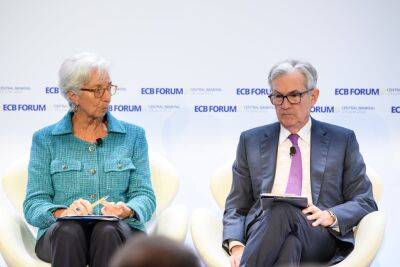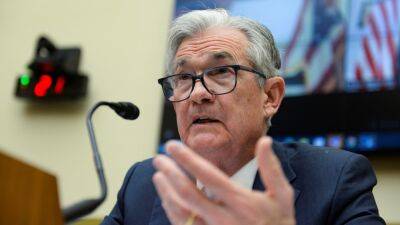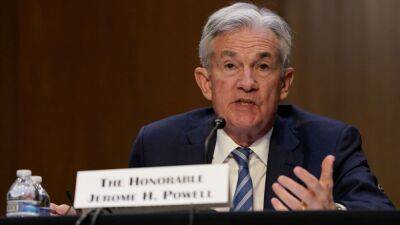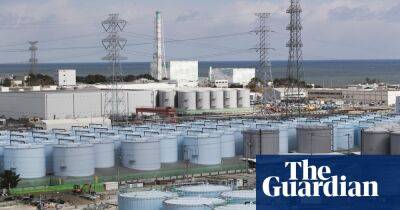Firms are driving up inflation - why doesn’t Johnson talk to them about restraint?
What a difference eight months make. At the Conservative party conference in October, the prime minister announced his plan for a high-wage economy. Last week, against a backdrop of rail strikes and thousands of unionised workers marching in London, he called for wage restraint. This placid-sounding term belies reality: wage restraint would mean workers accepting sharply falling pay given rocketing prices.
In the short term, inflation – most of which is caused by the rising prices of imported goods such as energy, food, metal and other commodities – poses a real cost to the UK economy that can’t be wished away. If firms expect prices to keep rising, this could become a self-reinforcing cycle. But it is the wealthiest who should be shouldering this cost. Meanwhile the government needs to get to work on unhooking our economy from fossil fuels and building resilient supply chains that would prevent inflationary episodes like this in the longer term.
Johnson’s call on workers to show restraint is a moral argument. It implies that workers must accept a huge hit to their living standards and their ability to save for the future in order to avoid runaway inflation – for the good of us all.
This moral duty is unequally distributed. Johnson hasn’t been asking business executives and their shareholders to show restraint in the profits they generate, or how these are distributed. While state pensioners will see their incomes rise in line with inflation, pay for experienced teachers had already been squeezed by 8% between 2007 and 2021. Overall, the Bank of England expects household disposable income to fall by 1.75% in 2022 – the second largest fall since records began in 1964.
What’s needed is a balanced approach that quickly reduces
Read more on theguardian.com






















